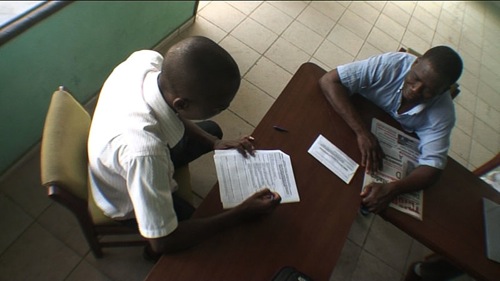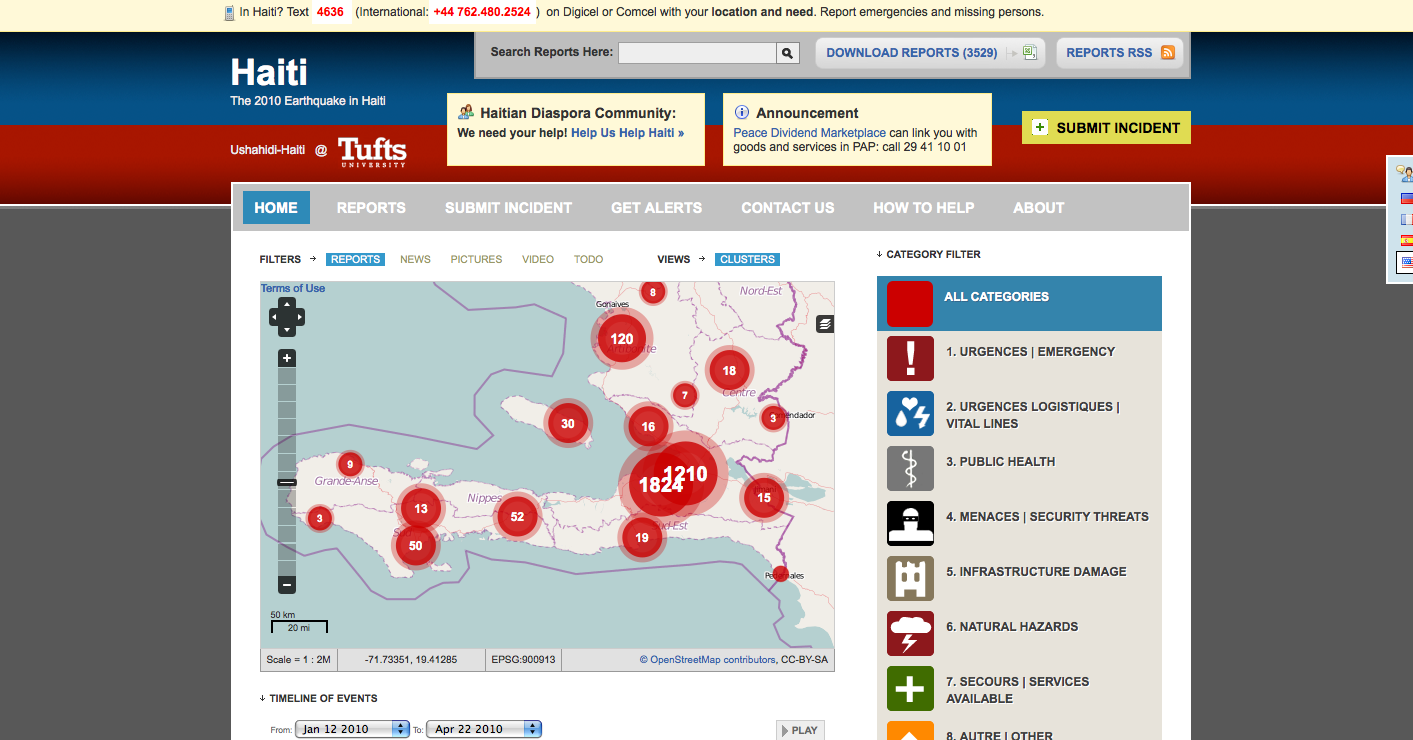In this how-to, we test out two systems for SMS incident mapping. Incident mapping is a simple but powerful concept that does what it says - using SMS to report a given incidence and mapping the data geographically.
It has been used in various scenarios ranging from reports from natural disasters to tracking violent crime, citizen reporting in elections.
Ushahidi, a platform for map and time-based visualizations of text reports, has been used most prominently in crisis mapping. The first instance of Ushahidi tracked the post-election violence in Kenya in 2007, closely followed by an instance covering outbreaks of xenophobic violence in South Africa in early 2008. Following the Haiti earthquake in early 2010, an Ushahidi deployment at Tufts University provided a platform for aggregating, translating and disseminating incident reports and requests for assistance. Ushahidi is an open-source PHP/Javascript platform.



